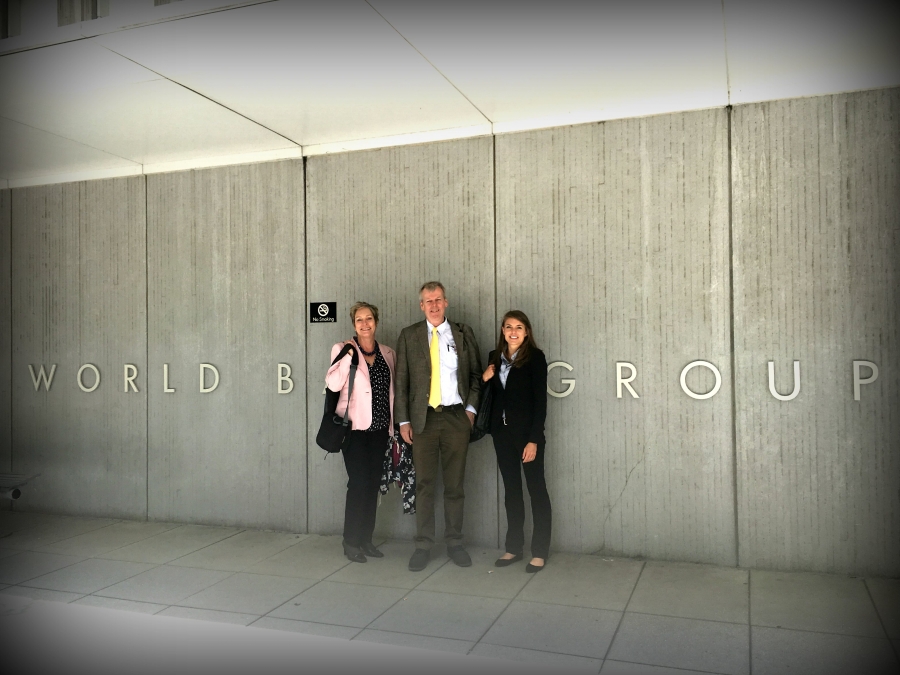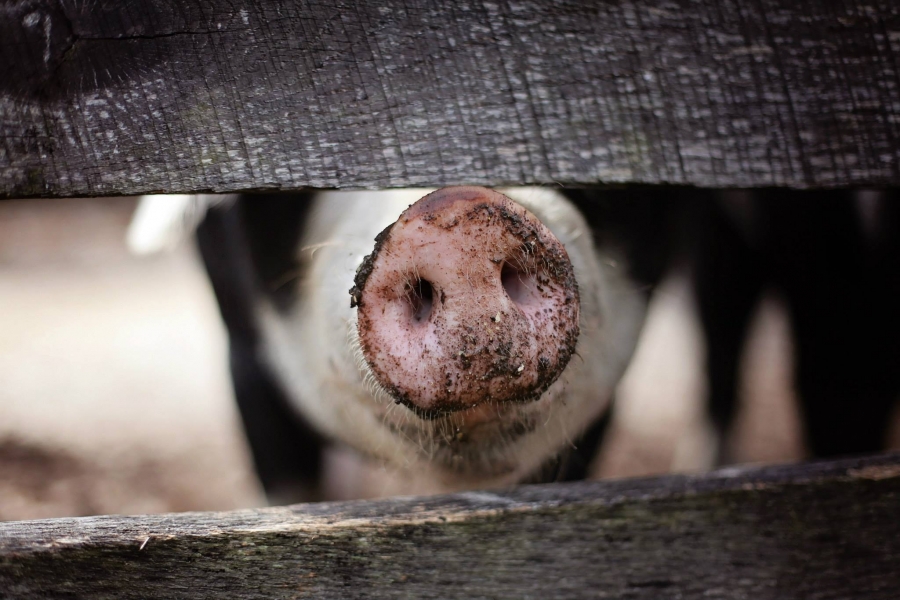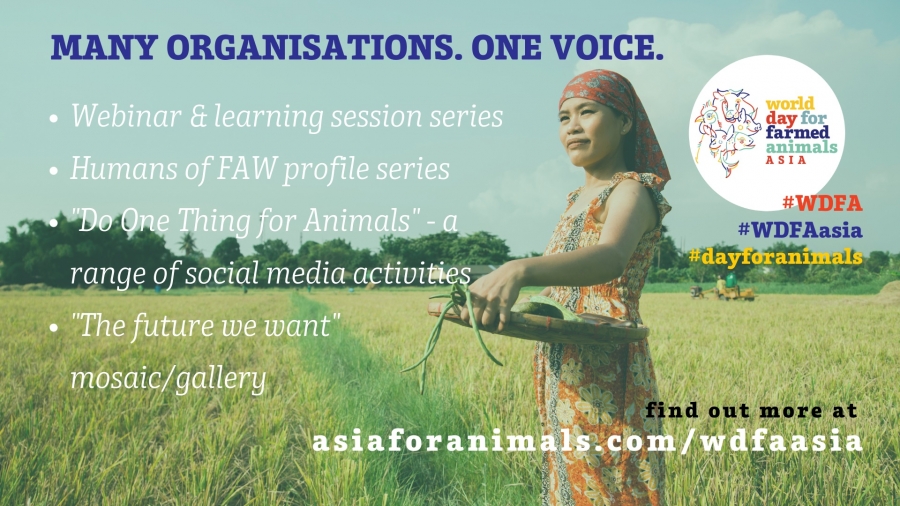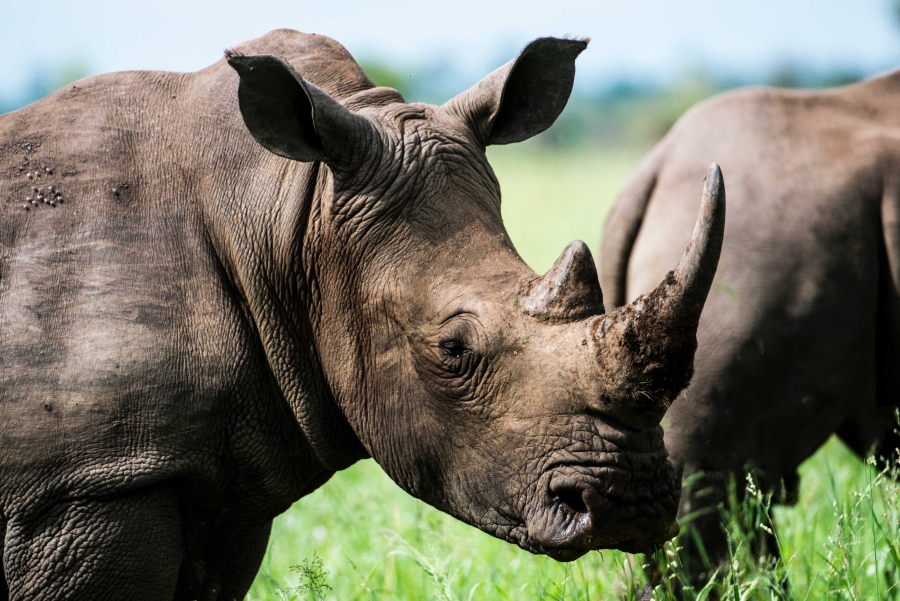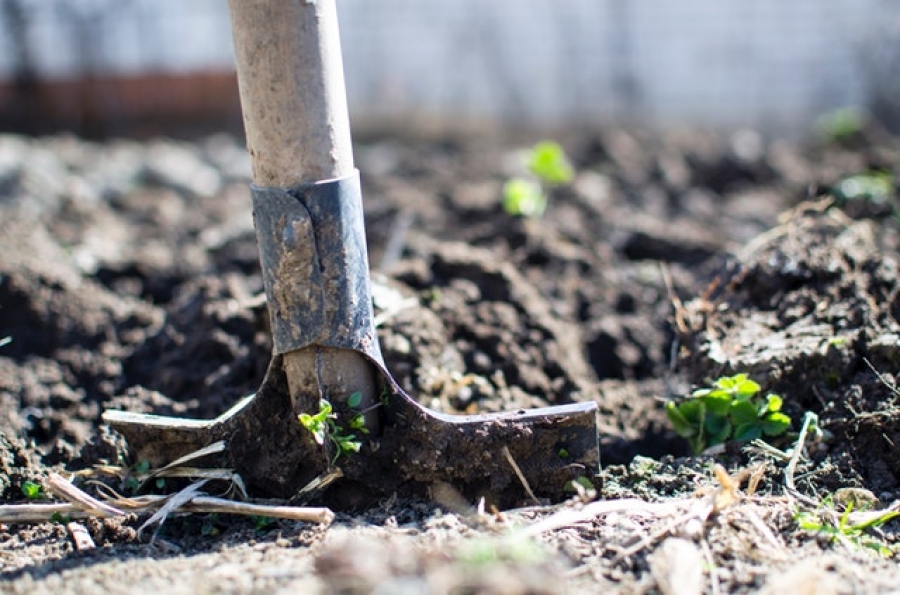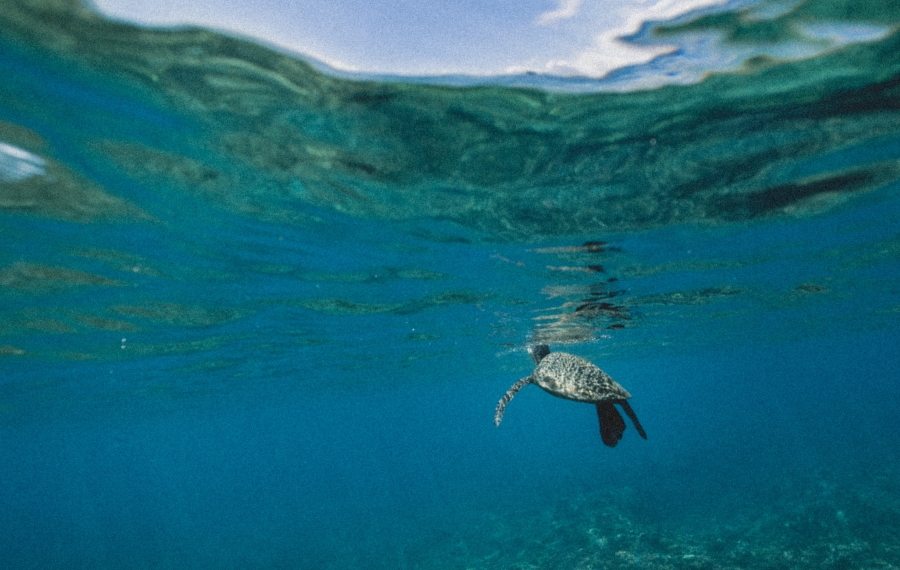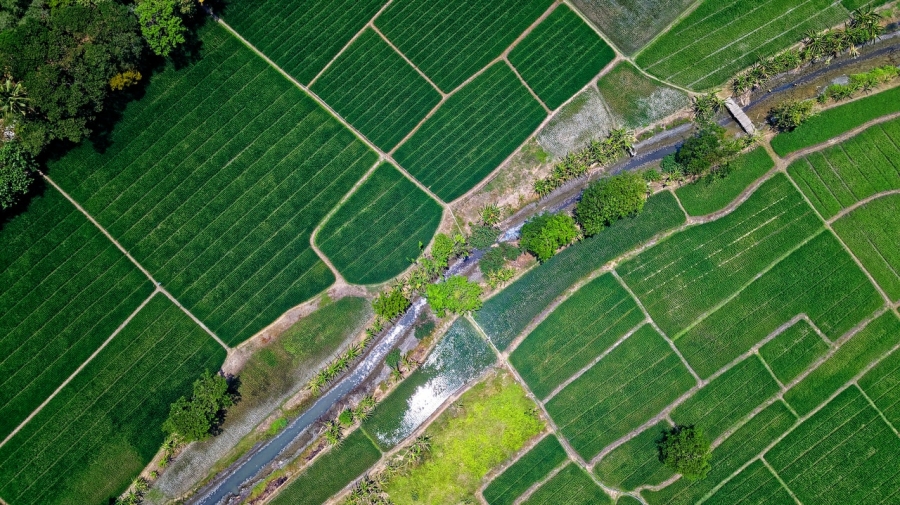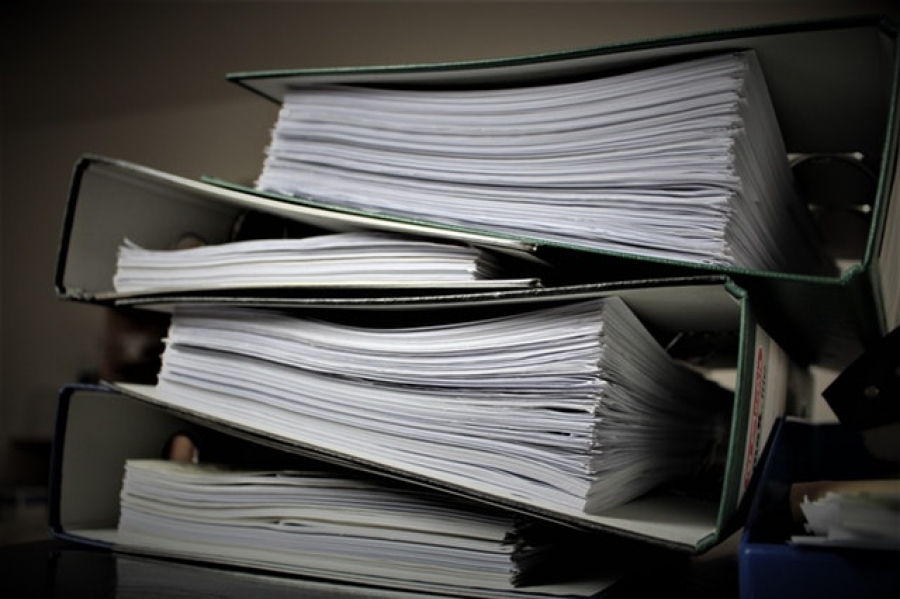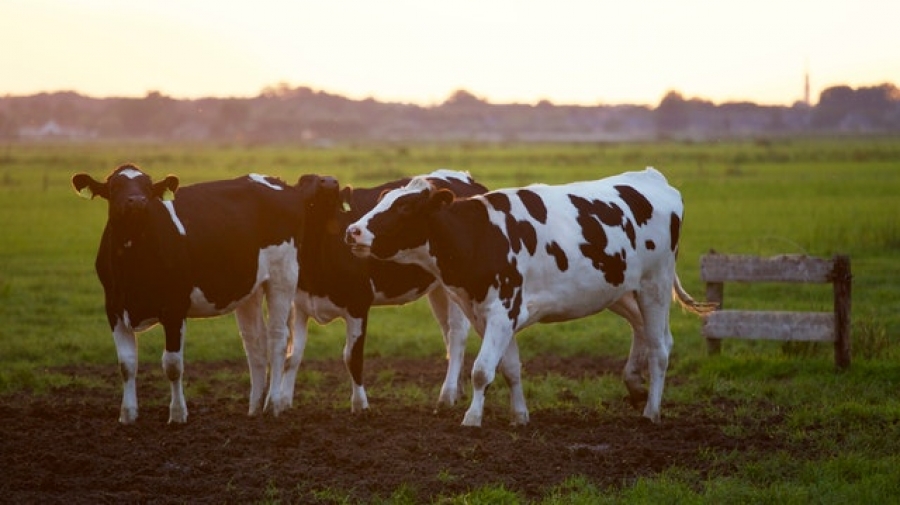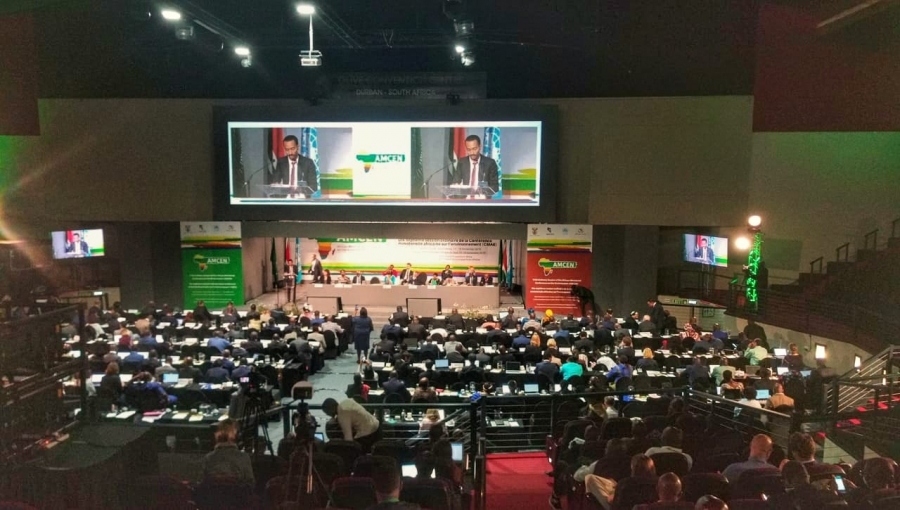
The World Federation for Animals: A New Chapter for World Animal Net
Written by Jessica BridgersIn 2013, I joined World Animal Net (WAN) alongside Akisha Townsend Eaton as the organization’s first staff members. I had just finished my masters degree in animals and public policy, and was drawn to WAN because of the organization’s focus on coalition-building and information-sharing. This resonated with what I had learned during my studies about how to develop an effective advocacy strategy to create real and lasting policy change. I was interested in the international policy focus, because this has always been a fascination of mine--as a freshman in college I would read about the United Nations Millennium Development Goals from my dorm room, and imagined someday being a human rights advocate at the UN! So, since my studies began in anthropology, but meandered through biology, conservation and eventually policy, picking up an interest in the wellbeing of individual animals along the way, joining WAN seemed like I was coming full circle, back to my early interest in the United Nations, but with a new cause to champion.
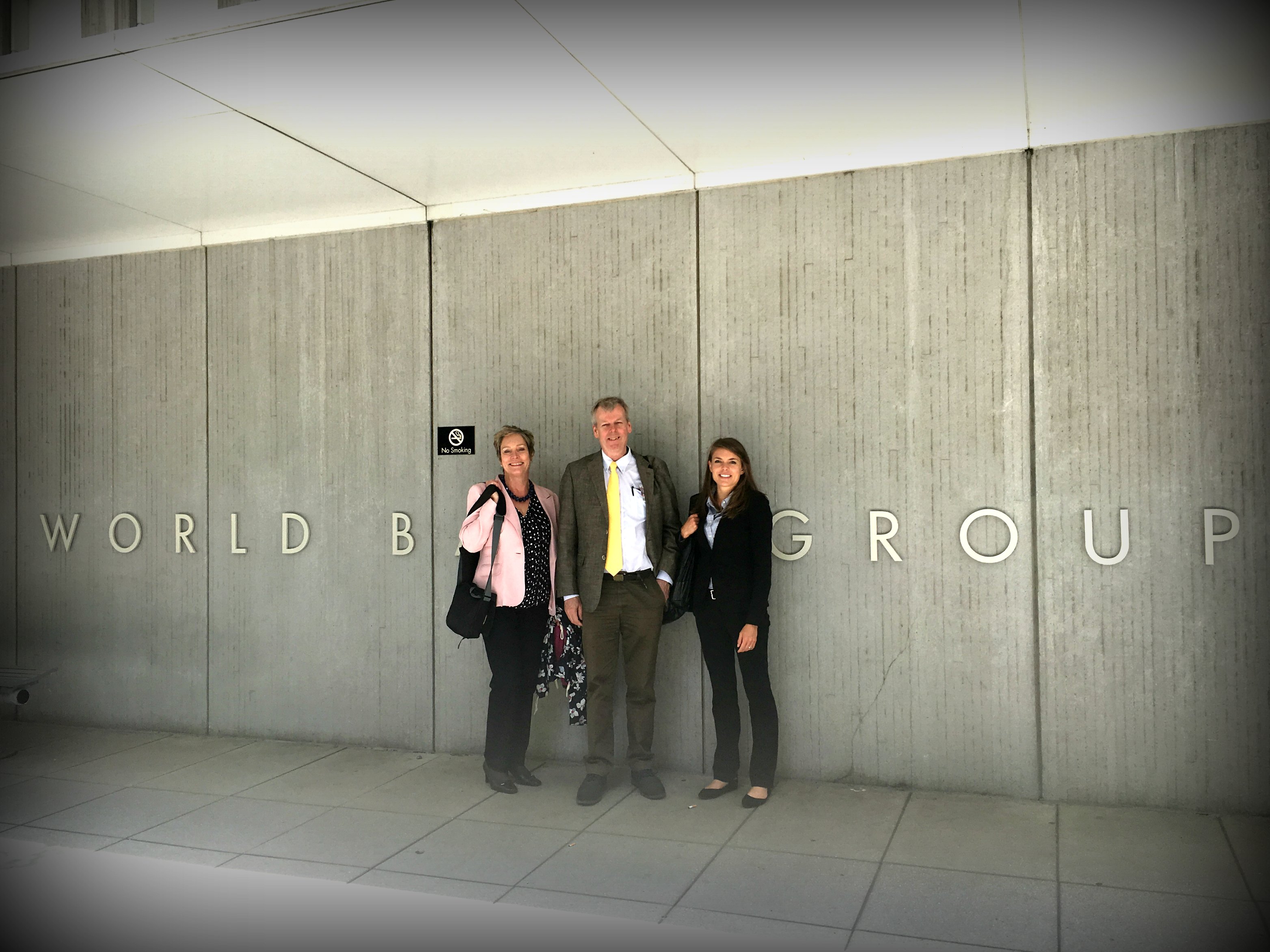 WAN was founded in 1997 by Wim DeKok and Janice Cox, who had worked together at the World Society for the Protection of Animals in London in the early 1990s and had developed models for networking and cooperation across the movement. At that time they saw the gaps that resulted in unnecessary duplication of efforts and reduced effectiveness. The heart of the WAN’s work was the World Animal Net Directory, a list of 16,000 animal protection groups in 170 countries. This directory was originally published as a paperback book, and went online in 1998 thanks to third board member Stephen Ronan who in addition to this support, contributes invaluable policy knowledge to this day.
WAN was founded in 1997 by Wim DeKok and Janice Cox, who had worked together at the World Society for the Protection of Animals in London in the early 1990s and had developed models for networking and cooperation across the movement. At that time they saw the gaps that resulted in unnecessary duplication of efforts and reduced effectiveness. The heart of the WAN’s work was the World Animal Net Directory, a list of 16,000 animal protection groups in 170 countries. This directory was originally published as a paperback book, and went online in 1998 thanks to third board member Stephen Ronan who in addition to this support, contributes invaluable policy knowledge to this day.
In the interest of co-operation, WAN never wanted to compete for the favor of donors, but instead concentrated on global institutions and capacity building in the movement. The WAN website became an encyclopedia of resources for animal protection groups around the world and WAN’s consultative status at the United Nations allowed for representation of the interests of animals in the policy process.
I am immensely proud of WAN’s accomplishments, which include:
- Establishing the International Policy Forum in 2014, a platform that facilitates information exchange and collaboration among policy experts at leading international animal protection organizations. In 2020, this body jointly drafted and produced the Animals’ Manifesto in response to the COVID-19 crisis, which garnered nearly 180 signatory organizations and for which Dr. Jane Goodall wrote a Foreword.
- Playing a core role in the development of the Animal Issues Thematic Cluster, an animal protection coalition situated within the mechanism through which civil society can participate in the annual review and reporting of the United Nations Sustainable Development Agenda.
- Conducting advocacy which resulted in the 2019 UN Global Sustainable Development Report identifying animal welfare as a missing issue in the Sustainable Development Agenda.
- Working together with the World Bank, Food and Agriculture Organization of the United Nations, World Organisation for Animal Health and Wageningen University to develop guidelines for animal welfare in agricultural development. To date, the guidelines in development include pig, broiler chicken and working equine welfare.
- Being entrusted by the International Coalition for Animal Welfare, a coalition focusing on advocacy towards the World Organisation for Animal Health, to provide a neutral and effective Secretariat for the coalition.
- Being chosen as one of three leaders for the NGO Major Group, a body officially recognized by the United Nations to represent the interests of non-governmental organizations (NGOs) within the Sustainable Development Agenda, proving our ability to establish trust and collaboration with both human rights and environmental organizations.
- Developing the global directory of animal protection organizations, which contains the contact details for over 16,000 animal protection organizations operating in 170 countries.
- Influencing the development of global and regional animal welfare strategies and holding a seat on the African Union’s African Platform for Animal Welfare.
- Development of the Strategic Advocacy Course, a free resource on strategic advocacy available at no cost to the animal protection movement.
- Publishing the Model Animal Welfare Act, which lays out a draft text for comprehensive animal welfare legislation which can be translated and adapted to suit local needs. Available online and as a book from Amazon.
Last week, World Animal Net embarked on a new chapter. WAN is one of the 19 founding members of the World Federation for Animals, and will be absorbed into the WFA in the coming months. I will continue in WFA as the Policy Director. Wim will join the new WFA board, and Janice will enjoy the fresh air of retirement, while together with Stephen Ronan she will continue to advise the WFA on policy matters.
WFA’s new website launched last week. If you have subscribed to World Animal Net newsletters, you will now begin receiving emails from the World Federation for Animals, as WAN's newsletters have come to an end. If you are an animal protection organization, we encourage you to join the WFA as a member. In any case, we are looking forward to continuing to work with you through the WFA as partners in achieving global impact for animals, together.
Launching an "Animals' Manifesto" for World Animal Day
Written by Jessica Bridgers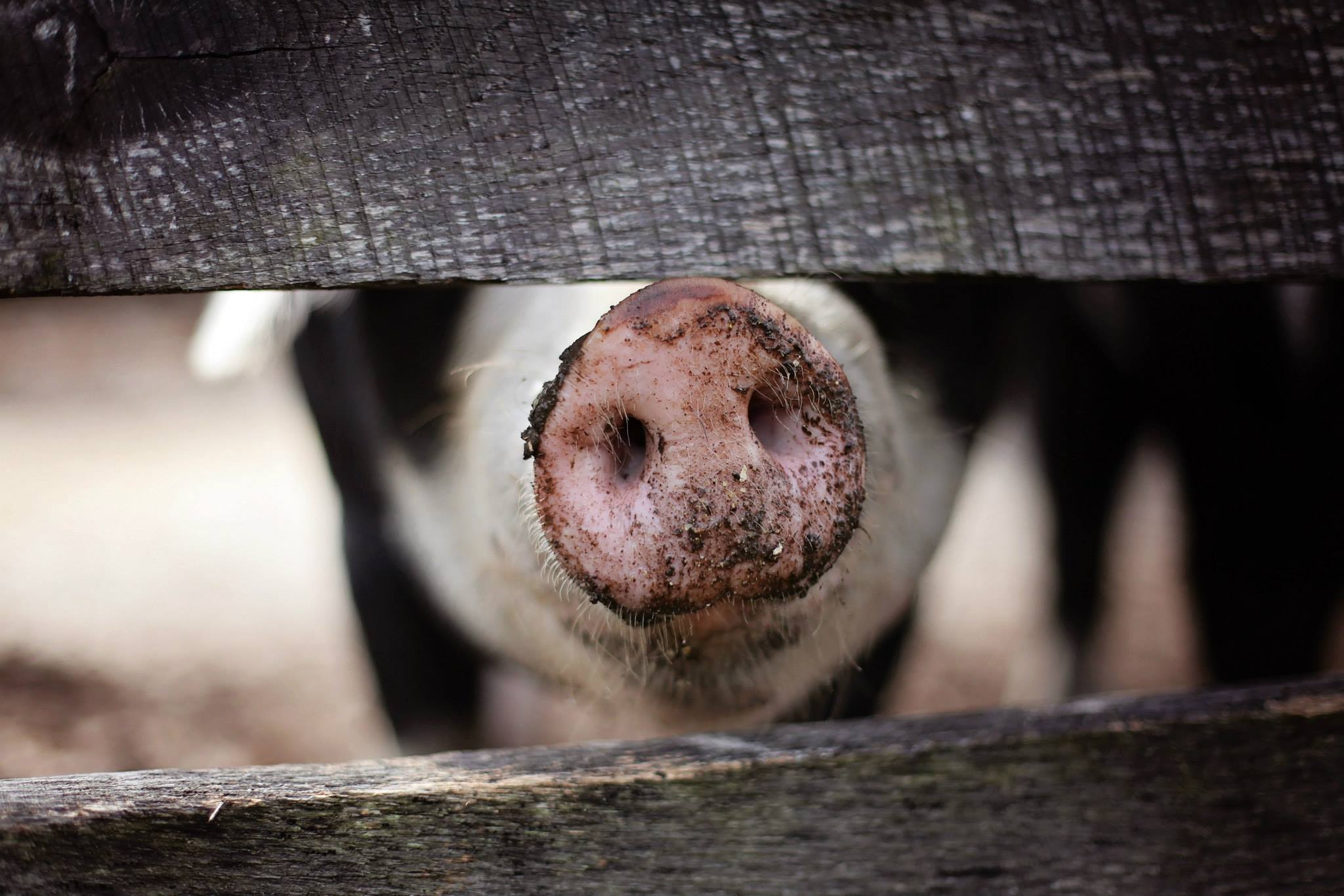 World Animal Net has brought together animal protection and environmental NGOs from across the world--Africa, Asia, Oceania, the Americas and Europe--on World Animal Day, celebrated on 4th October, to call on global leaders to address the wellbeing of animals in COVID-19 recovery and financing efforts.
World Animal Net has brought together animal protection and environmental NGOs from across the world--Africa, Asia, Oceania, the Americas and Europe--on World Animal Day, celebrated on 4th October, to call on global leaders to address the wellbeing of animals in COVID-19 recovery and financing efforts.
The fact that the COVID-19 crisis very likely arose from the exploitation of animals has drawn greater attention to how human uses of animals can increase the risk of future pandemics. In July, a report released by the UN Environment Program and the International Livestock Research Institute identified the increase in consumption of animal products, intensification of animal production systems, and wildlife exploitation as primary drivers of pandemic risk.
It is therefore imperative that to reduce the future risk of pandemics global leaders take concrete steps to incorporate One Health and One Welfare into policies. One Health is a concept which recognizes the linkages between human, animal and environmental health, while One Welfare extends this concept to other aspects of wellbeing, such as food security and livelihoods. Incorporating a One Welfare approach is key to eliminating policy silos, achieving the Sustainable Development Goals and ensuring an equitable, sustainable and humane future.
Despite this, millions in development funding continue to be funneled into farming systems which increase the risk of future pandemics, even as calls to “build back better” grow.
Through a new “manifesto,” the NGOs outline key policies and actions required to transform farming systems, shift food consumption habits, end the unnecessary exploitation of wildlife, increase vaccine development efficiencies, and ensure the wellbeing of animals in communities, such as companion animals and working equines. The manifesto also provides recommendations specifically to leading institutions on the international stage, such as the UN General Assembly and international financial institutions. The document will be shared with policymakers throughout the month of October, in recognition of World Animal Day on 4th October.
You can download the PDF here.
Join Asia for Animals in celebrating World Farmed Animal Day
Asia for Animals CoalitionWorld Day for Farmed Animals Asia is on October 2nd and the Asia for Animals Coalition is supporting a great program of webinars and other activities in the lead up, beginning 28th Sept. We would be delighted to have you participate in this great collaboration to shine a light on the growing movement for farm animals across Asia.
Everything you need to know is on THIS SITE
Register for free webinars & subscribe for updates HERE
A central Facebook event is HERE
Know someone who is a hero for farm animals in Asia? Tell us their story HERE and we will publish as part of the “Humans of Farm Animal Welfare” profile series.
TELL US about your participation HERE and we will add it to the site & promote your activities via socials.
Here is a helpful SOCIAL MEDIA TOOLKIT and EVENT GUIDANCE DOCUMENT
Please help us to promote this event far and wide to your audience & contacts
Any questions, please direct them to afacoalition@gmail.com
#wdfa #wdfaasia #dayforanimals.
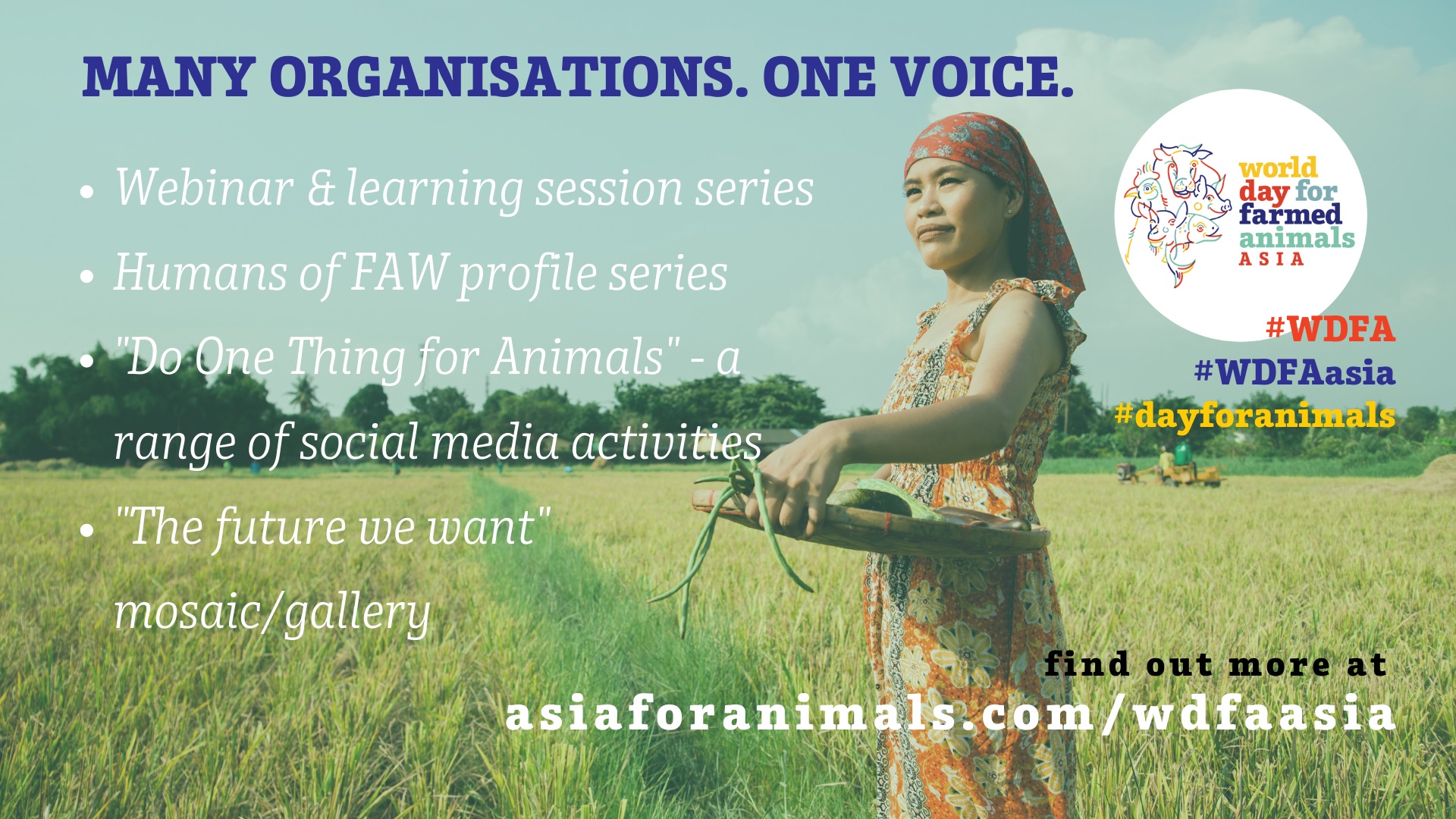
COVID-19 and the Development of the New Global Biodiversity Framework
Written by Tania RoaThe Convention on Biological Diversity (CBD) is an international agreement which entered into force in 1993. The CBD has three primary objectives:
- The conservation of biological diversity
- The sustainable use of the components of biological diversity
- The fair and equitable sharing of the benefits arising out of the utilization of genetic resources

